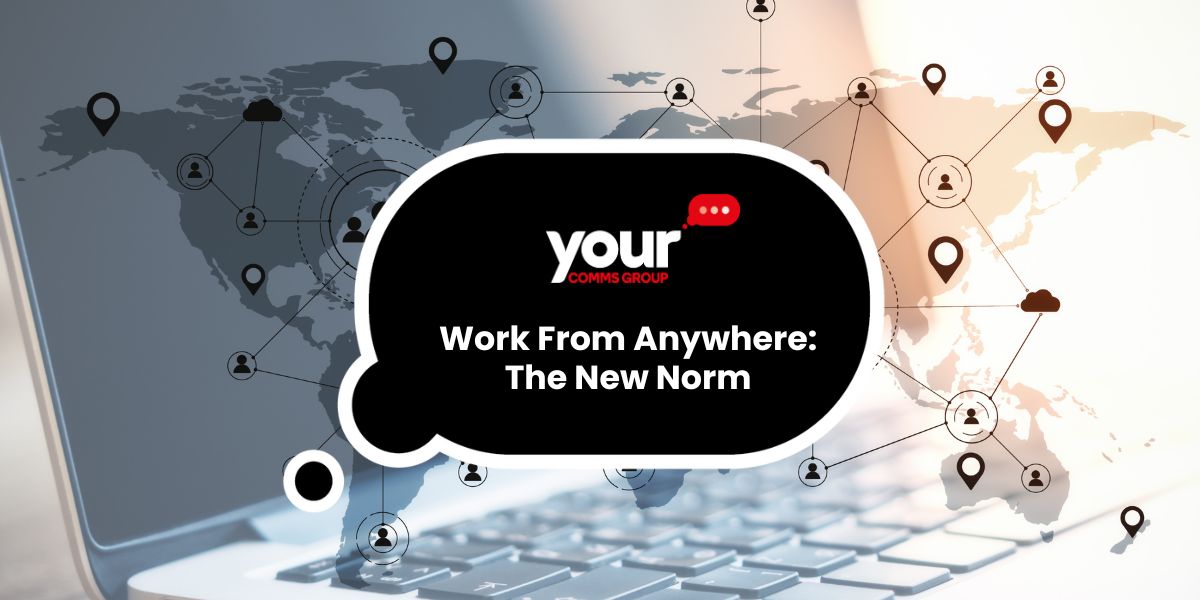Our work landscape has evolved dramatically thanks to technological progress. Remote work has become a significant trend, offering flexibility and freedom. Even before COVID-19 changed our lives, many already gravitated towards remote work. However, this shift comes with its challenges. Issues like communication breakdowns, feelings of isolation, and struggles tracking progress can hinder productivity and teamwork. To overcome these issues, we need creative solutions emphasising clear communication, boosting team morale, and holding remote team members accountable.
In this article, we will discuss the collaboration tools and technologies essential for the success of remote collaboration and strategies that increase the effectiveness of remote work. Addressing challenges and embracing a culture of flexibility and adaptability will help businesses unlock the full potential of the future of work.
Benefits & Challenges of Remote Collaboration

The remote work trend offers numerous benefits for both employees and employers. Check the benefits below:
- Embracing remote work solutions offers employees the freedom to work from anywhere. This enhances work-life balance, reduces commute times, and increases job satisfaction, as employees can spend more time resting or being with their families.
- A company that uses a remote setting as the digital workplace will have access to a global talent pool. It breaks down the barriers of location, enabling hiring from around the world. Best-suited individuals for specific roles will drive innovation and growth.
- Adopting virtual teamwork can lead to significant cost savings for businesses, such as reducing costs associated with office space and utilities.
However, remote collaboration also comes with several challenges, such as:
- Communication and understanding may arise without face-to-face interaction, hindering effective team collaboration. Differences in time zones may also become a challenge. Therefore, decent collaboration tools are needed.
- Remote work settings that rely on telecommuting technologies introduce the risk of difficulties and disruption. If this issue is not solved quickly, it may impact productivity.
- Feelings of isolation and disconnection from colleagues and the organisation can also arise. With social interaction and informal conversation, which are very likely to happen in an office environment, remote workers may be able to maintain a sense of belonging and engagement
Strategies for Effective Remote Collaboration

Businesses must implement effective strategies for the digital workplace to navigate the complexities of remote work.
Find out how to strategise practical remote work settings:
1. Establish Clear Communication Protocols
Leverage collaboration tools for communication platforms to facilitate more effective discussion among employees. Real-time messaging, such as Slack, Discord, and Microsoft Teams, and video conferencing, such as Zoom, Skype, and Microsoft Teams tools, are necessary. In addition, guidelines for channels, response times, and expectations should be defined. Clear communication is the key to effective collaboration.
Enhancing these protocols, Your Comms Group’s Horizon Collaborate services can be seamlessly integrated to support further and streamline communication efforts. Horizon Collaborate combines voice and video calls, conference capabilities, instant messaging, and file sharing into a single platform, making it more straightforward for teams to connect and collaborate effectively.
2. Foster a Culture of Trust and Accountability
An environment where trust and accountability are values will encourage open communication, transparency and honesty. This environment will allow remote workers to express concerns, share ideas, and better take ownership of their work. Utilise virtual teamwork approaches such as collaborative brainstorming sessions and peer feedback loops.
3. Set Expectations and Goals
Clearly define project objectives, timelines, and deliverables to provide remote team members with a better understanding of each responsibility. Use the SMART (Specific, Measurable, Achievable, Relevant, Time-bound) method to define objectives. Utilise telecommuting technologies like cloud-based project management tools like Trello, Asana, or Jira to centralise project-related information, assign tasks, and monitor progress.
4. Encourage Virtual Team-Building Activities
Businesses should hold regular virtual-building activities to overcome feelings of isolation and disconnection. Organise online social events, games, or collaborative projects to strengthen bonds, boost morale, and promote a sense of belonging within the team. Facilitate the events with telecommuting technologies to ensure everyone can participate regardless of location.
Conclusion
- As remote work continues to shape the future of the workplace, businesses must embrace strategies for remote collaboration to thrive.
- Leverage collaboration tools, telecommuting technologies, and virtual teamwork to empower remote teams. This will make collaboration more seamless.
Navigate the future of work confidently using Your Comms Group‘s remote collaboration tools and future-proof communication solutions to support your business needs.
Let’s discuss how we can support your team’s productivity and connectivity wherever they are.



